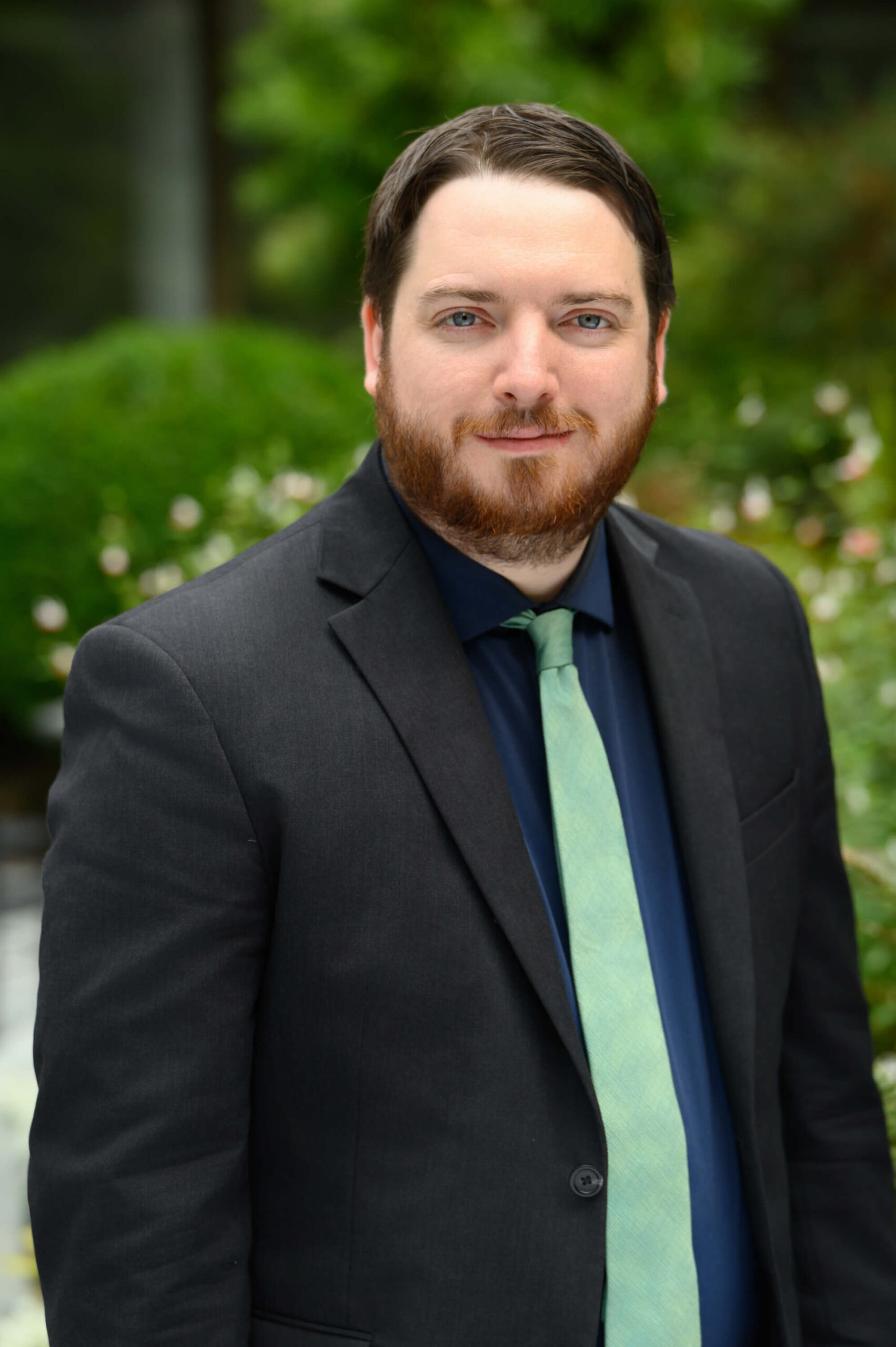The majority of child custody issues in the State of Washington involve the child’s parents. However, in certain cases Seattle courts will recognize parental rights for non-relatives. Although non-parental custody is possible, it’s only granted in special circumstances and exercising certain rights as a non-relative can be tricky.
At Law Offices of Shana E. Thompson, our skilled family attorneys work aggressively to protect the child custody rights of relatives as well as non-relatives in Seattle. If you are a non-relative involved in a child custody dispute, seek experienced legal counsel as soon as possible. We can help you understand Washington’s child custody laws and how Seattle courts determine the best interest of the child.
Seattle Non-Relative Child Custody Lawyer, WA
If you are seeking custody of a child in King County or Snohomish County and you are not a blood relative of the child, we encourage you to secure skilled legal counsel as soon as possible. Our non-relative child custody lawyers at Law Offices of Shana E. Thompson have over two decades of experience in family law and are empathetic advocates for their clients.
Law Offices of Shana E. Thompson serves clients throughout the greater Seattle area including King County, Snohomish County, as well as Redmond, Issaquah, Mercer Island, Bellevue, Kenmore, Woodinville, Renton, Tukwila, White Center, and SeaTac. Call (206) 712-2756 to schedule a consultation today. We will discuss your case and help you make the next step.
Can a Non-Relative Get Custody of a Child?
In the normal course of life, parents are the primary caretakers of their child. They are responsible for ensuring their children are healthy and safe. Parents are also accountable for equipping their children with the skills and resources to succeed as adults. When certain circumstances arise, Washington courts will grant an individual who is not the parent custody of the child. Usually, this person is a relative of the child such as their aunts, grandparents, etc., who will serve as the child’s legal authority and become responsible for their well-being.
Under certain circumstances, however, a non-relative may request and be granted custody of the child. The non-relative that seeks child custody in Washington must demonstrate with evidence a certain connection to the child. Under state law, they must be established as a “De Facto Parent.”
If your goal is not to be the “de facto parent” of a child, but simply to care for a child in the absence of a parent, then you may want to consider becoming a Minor Guardian, which is a separate procedure, under the state’s Guardianship laws.
De Facto Parent Washington State
To be considered a De Facto parent in Washington State, the court must decide whether a de facto parentage exists. The primary concern for Washington courts is the best interest of the child and their safety. To petition for De Facto Parentage, the following guidelines must be met:
- The non-relative resided with the child as a regular member of the child’s household for a significant period
- The non-relative engaged in consistent caretaking of the child
- The non-relative fulfilled his or her responsibilities of a parent of the child without expecting financial compensation
- The non-relative claimed the child as their own
- The non-relative established a bonded and dependent parental relationship with the child
- Another parent of the child fostered or supported the bonded and dependent relationship
- Continuing the parental relationship between the non-relative and the child is in the child’s best interest
The non-relative requesting child custody must:
- Be alive when the proceeding is commenced
- Claim to be a de facto parent of the child
- Commence a proceeding to establish parentage of a child before the child is 18 years of age
- Commence a proceeding to establish parentage of a child while the child is alive
Child Custody in Washington State
If the non-relative’s petition requesting De Factor Parentage is granted the right by Washington courts, they can then petition the court for a parenting plan that will establish child custody. The court will consider the best interests of the child as the guiding principle in deciding custody issues.
According to RCW 26.09.002 and RCW 26.09.004, the best interests of the child are served by a parenting arrangement that:
- Maintains a loving, stable, consistent, and nurturing relationship with the child
- Helps the child in developing and maintaining appropriate interpersonal relationships
- Provides for the child’s basic needs such as health care, day care, closing, physical health, grooming
- Provides for the child’s financial support
- Protects the child from physical, mental, or emotional harm
- Is involved with the educational needs of the child
Additional Resources
Washing State Legislature: De Facto Parentage – Follow the link provided to access the official website for the Washington State Legislature and read RCW 26.26A.440. This section discusses de facto parentage and the different requirements a non-relative must fulfill to obtain child custody.
Washington Courts: Non-Relative Child Custody Form – Access the official website for Washington Courts to the Petition for De Factor Parentage PDF. The PDF requests specific information from the non-relative such as their caretaking/parenting responsibilities, bonded relationship with the child, and more.
Child Custody for Non-Relatives Washington Attorney
If you have questions concerning non-relative child custody, retaining skilled legal counsel in Washington State should be on top of your priorities. Navigating a child custody case can be a complex process, so it’s best to seek practiced legal counsel from a knowledgeable family law firm. Law Offices of Shana E. Thompson can provide more information on the several factors Washington courts utilize to grant child custody to non-relatives.
Don’t delay in having your best interests properly represented. To schedule your first consultation with Law Offices of Shana E. Thompson, call (206) 712-2756 today. Law Offices of Shana E. Thompson serves clients in Snohomish County including Everett, Brothell, Gold Bar, Darrington, Edmonds, Monroe, Brier, Arlington, Marysville, Woodway, Stanwood, Sultan, and Mill Creek.






